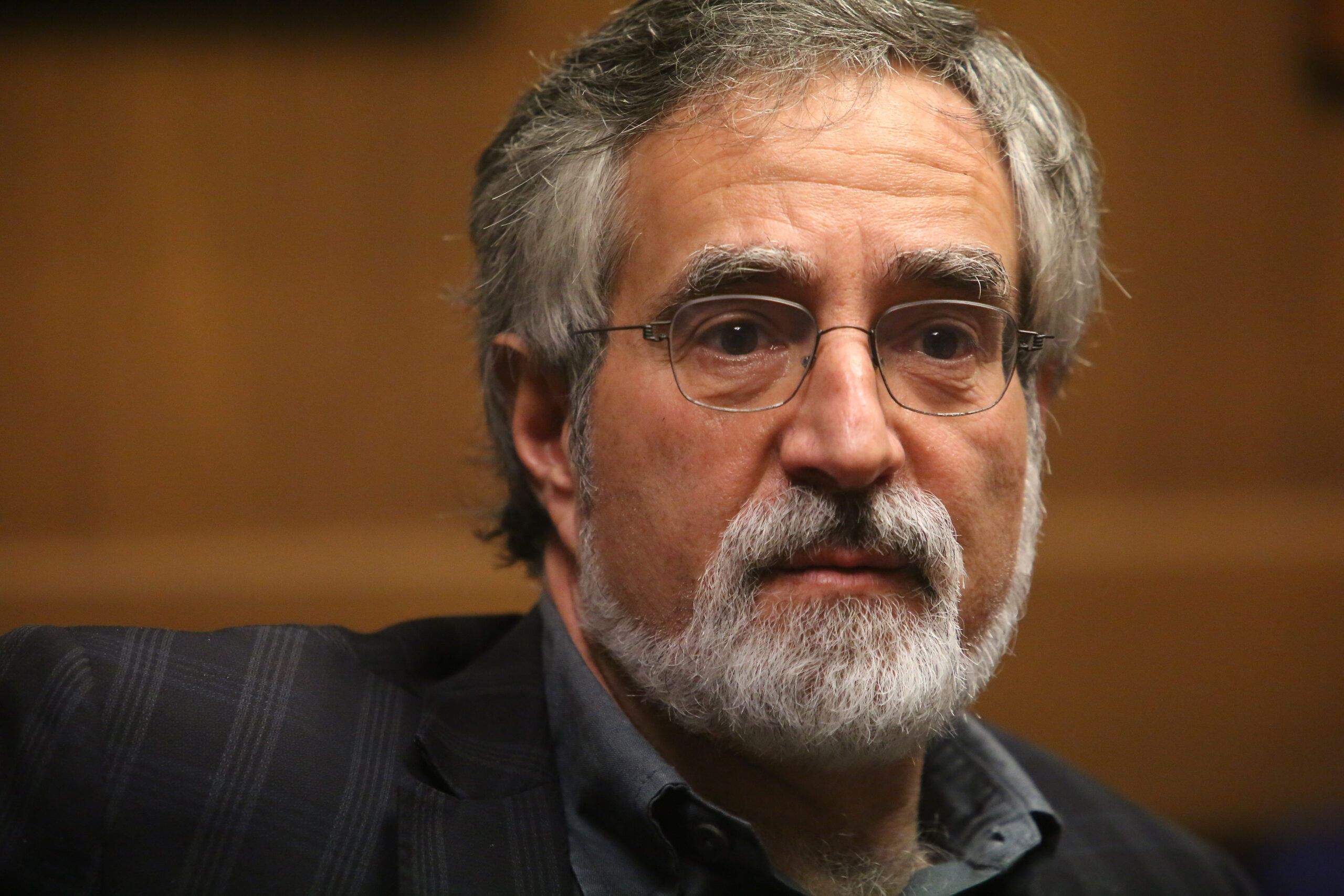San Francisco supervisors appear set to send at least one measure to the June ballot aimed at reforming Recology’s monopoly on trash hauling services in the city. Also on Tuesday, the Board of Supervisors will likely cast votes on whether the city should continue to deregulate processes for massage businesses and help expedite new housing projects. (If you’re looking for the full kit and caboodle, check out the meeting’s full agenda.)
Recology
A federal corruption probe of former Public Works Director Mohammed Nuru in early 2020 led to the revelation that trash hauling giant Recology had overbilled customers nearly $95 million through an error in the rate-setting process.
In an effort to reform this process, supervisors will vote on two potential ballot measures at Tuesday’s meeting. The less aggressive of the two measures, which is sponsored by all 11 supervisors, would hand oversight of the process over from the Department of Public Works to the Controller’s Office. The more aggressive, or nuclear, option, which is sponsored by five supervisors, aims to break up Recology’s monopoly by opening up the permitting process to other companies.
Supervisor Aaron Peskin, who introduced the measures, told The Standard that he doesn’t expect to move forward with the nuclear option, which was put on the table to dissuade Recology from putting their own watered-down motion on the June ballot. Recology stopped collecting signatures for its measure in January after dropping nearly a quarter-million dollars in just one week.
Massage Businesses
In an effort to tamp down on human trafficking and prostitution, city officials have passed a series of restrictions in recent years that made it more difficult to start a massage business. But the restrictions had certified massage therapists complaining that they were being treated like criminals, so city officials passed a law last December that once again streamlined the process. Now an amendment to that December law is up for a vote, this time including acupuncturists and chiropractors, who were left out of the initial legislation.
Homeowner Incentives
In the face of a state law that requires San Francisco to build 82,000 new housing units between 2023 and 2031, city officials have scrambled to unweave zoning laws that have long regulated what can be built and where. Supervisors Gordon Mar and Myrna Melgar, who represent parts of town that have historically been resistant to new housing, are now looking to remove barriers for potential housing projects beyond the deregulation of zoning laws. On Tuesday, the full board is set to vote on Mar and Melgar’s Housing Development Incentive, a program that would provide technical, financial and permitting assistance to homeowners looking to build upon their property.
Correction: A previous version of this story incorrectly stated the timeline for San Francisco’s housing goals. The city needs to build 82,000 new housing units between 2023 and 2031.
